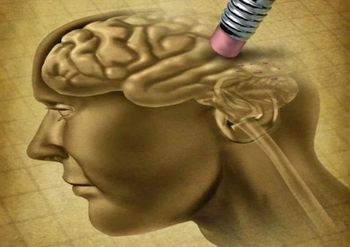
"Mind Moments," a podcast from NeurologyLive, brings you an exclusive interview with Reisa Sperling, MD.


"Mind Moments," a podcast from NeurologyLive, brings you an exclusive interview with Reisa Sperling, MD.
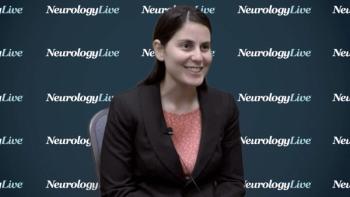
The child neurology resident at NYU Langone spoke about ways for residents to identify and address impaired colleagues that suffer from depression and burnout.

New findings have suggested dementia is a result of worsened white matter rarefaction, phosphorylated tau, and arteriolosclerosis due to repeated head trauma in former football players with CTE.

"Mind Moments," a podcast from NeurologyLive, brings you an exclusive interview with Reisa Sperling, MD.
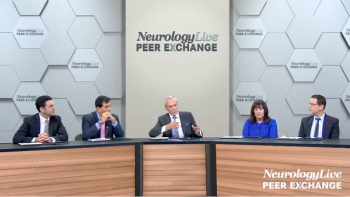
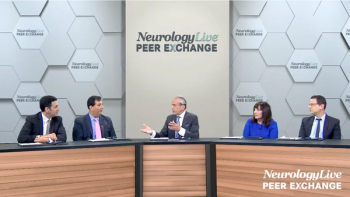
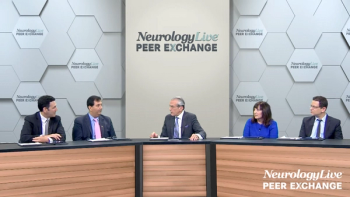
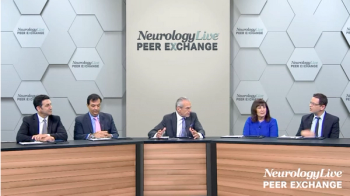
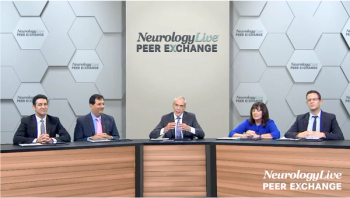

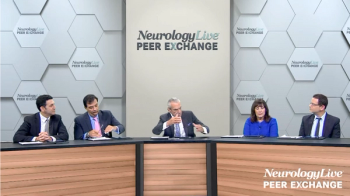

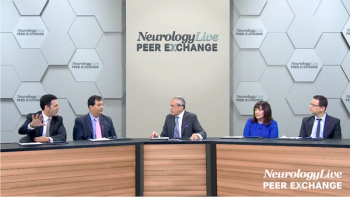



The associate chief of the MS division and professor of neurology at the University of Pennsylvania described the relationship between artificial intelligence and medicine, and how he sees it evolving in the future.

The professor of emergency medicine at the University of Wisconsin-Madison School of Medicine and Public Health discussed the impact that telemedicine, conducted in senior living communities, can have on emergency department visits for individuals with dementia.

Neurology News Network for the week ending August 17, 2019.

The findings of a pair of recent studies have suggested that the presence and chronicity of hyper- and hypotension in mid- and late-life increases the risk of incident dementia, and that intensive blood pressure intervention can, although modestly, impact cerebral small vessel ischemic disease.

While both 18F-FDG and 18F-florbetapir can discriminate those with dementia from healthy controls, the correlation to cognitive scores are much stronger with 18F-FDG.

The director emeritus of the Cleveland Clinic Lou Ruvo Center for Brain Health and vice chair of the department of brain health at the University of Nevada Las Vegas spoke about cognitive enhancing agents, disease-modifying therapies, and neuropsychiatric therapies under investigation for Alzheimer disease.
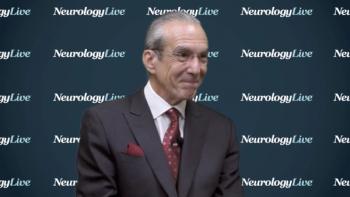
The director emeritus of the Cleveland Clinic Lou Ruvo Center for Brain Health and vice chair of the department of brain health at the University of Nevada Las Vegas spoke about therapies under investigation for the treatment of Alzheimer disease.

The neurohospitalist and assistant professor of neurology at the University of California San Francisco spoke about how caregiver depression is an important risk factor associated with increased healthcare use among individuals with dementia.
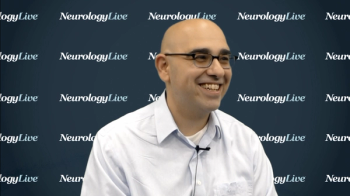
The assistant professor and cognitive neurologist at the University of Pennsylvania Frontotemporal Degeneration Center will share additional insights on Alzheimer disease at the upcoming International Congress on the Future of Neurology, taking place September 27-28, 2019 in New York City.

Neurology News Network for the week ending August 10, 2019.